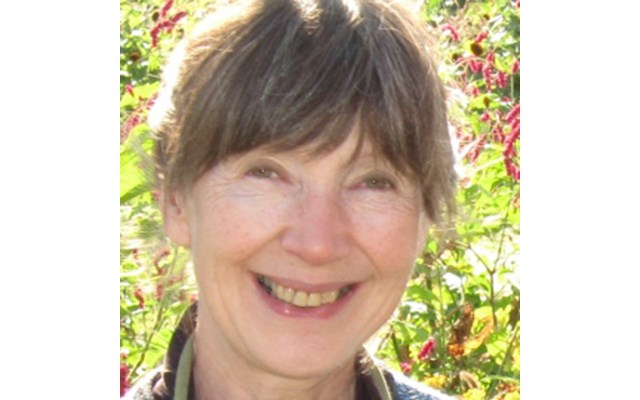We seem to be innately predisposed to mishear, and it occurs with words that are sung or chanted as well as those spoken.
In November 1954, the American author Sylvia Wright published an article in Harper’s Magazine, bringing the phenomenon of misunderstood lyrics to a wider audience and giving it a name — mondegreen.
This is how it happened. As a child, Wright had listened to someone singing the Scottish ballad “The Bonnie Earl o’ Moray.” She’d heard the first verse as “Ye Highlands and ye Lawlands/Oh where have you been?/They have slain the Earl of Murray/And the Lady Mondegreen.” Years later, Wright discovered that there was no such person as Lady Mondegreen, that she’d misunderstood the last line, which was “And they layd him on the green.” But the term mondegreen stuck.
Although strictly speaking, it refers to misheard lyrics, mondegreen has become more widely applied. For instance, to the opening of the Lord’s Prayer, as rendered by a young boy – “Our Father which art in Heaven, Harold be thy name.”
There’s yet another category of misheard and misunderstood words, and these, too, have a name — eggcorns. Coined in 2003, eggcorn describes a word that metamorphoses into a similar sounding word, but one that still makes sense in the context. In fact, eggcorn is an eggcorn — before its transformation, this eggcorn was acorn.
Eggcorns often crop up in idiomatic expressions, and sometimes the eggcorn seems even more appropriate or effective than the so-called correct word.
Language enthusiasts compile lists of eggcorns, many of which can be found on the Internet. My favourites include giving up the goat (instead of ghost), a bowl (instead of bull) in a china shop, mixing (instead of mincing) words and chickens coming home to roast (instead of roost).
It’s fun to make your own list of eggcorns. I added one to my list a couple of days ago, when a friend explained she’d written email addresses off the top of her hat (instead of head). And I recall that years ago, I warned someone about men eating too much cake because it gives them heartaches (attacks).
Not only words but also names can be reshaped as they are transmitted. The British are notorious for pronouncing names in a way that belies their spelling. For example, Chumley is how you pronounce the family name Cholmondeley. Place names, too, have been subject to mispronunciation. In 1690, King William III laid out a bridle path in London’s Hyde Park, which became known as Rotten Row, a garbled version of its original name, Rue des Rois (Street of the Kings) — in this instance, the garbled name became the official one.
Young children often garble names, especially when they’re unfamiliar. There was once a child who thought the creator of Mickey Mouse was called Walt Dizzly — and this version, in my opinion, conjures up the whole Disneyland phenomenon better than the original name ever could.
Sabine Eiche is a writer and art historian. See her blog here.



